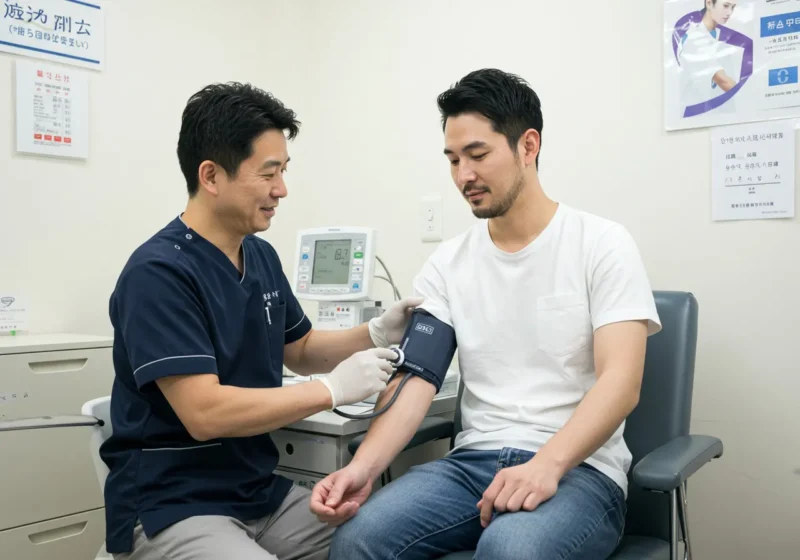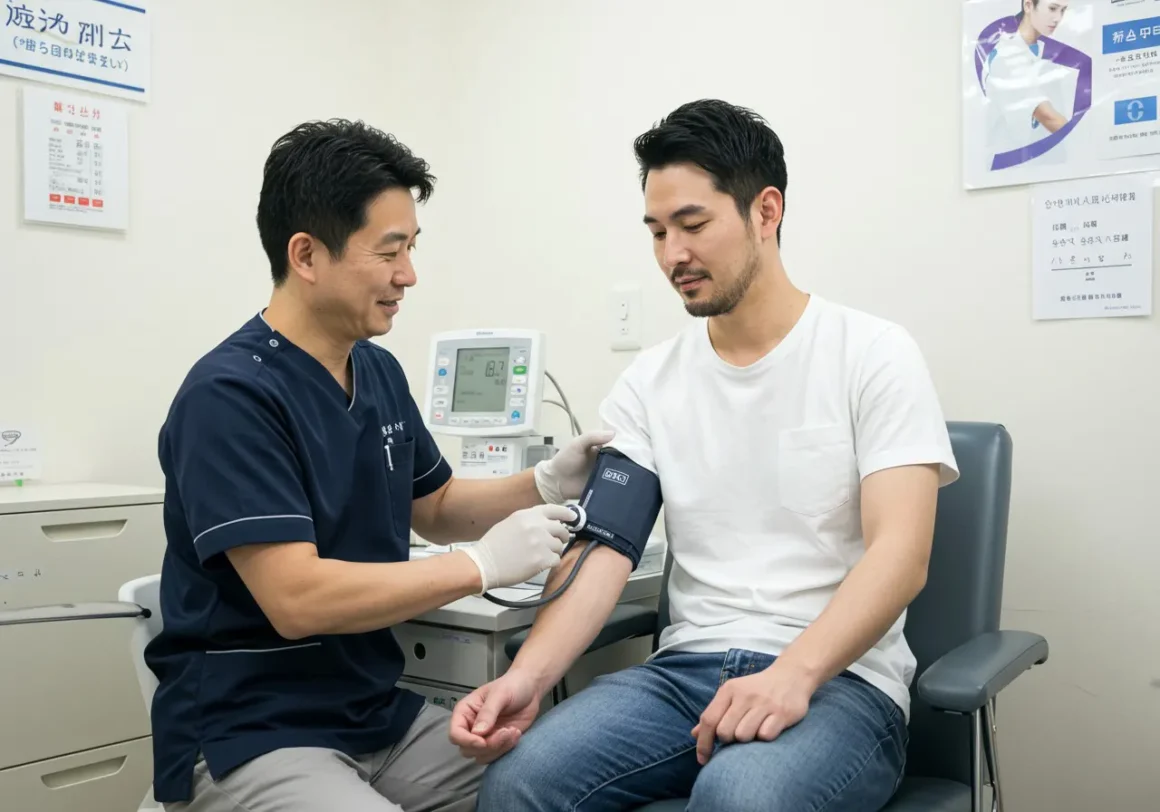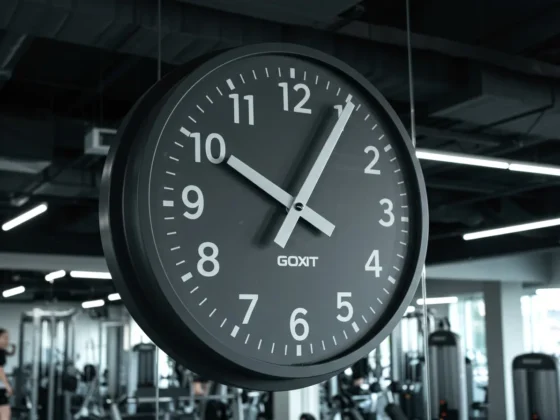Alright Fit Fellows, let’s talk about something super important, something that often gets pushed down the priority list when we’re busy crushing goals: keeping the engine running smoothly. Think of your body like a high-performance machine – you wouldn’t push a race car to its limits without regular maintenance, right? You’d check the oil, the tires, the brakes, everything. Well, the same goes for you. Routine health checkups and screenings are basically your body’s essential maintenance schedule, and skipping them is just asking for trouble down the road.
It’s easy to fall into the trap of only going to the doctor when something feels off. We figure if we feel fine, we are fine. But the truth is, many serious health issues start subtly, often with no noticeable symptoms in the early stages. That’s where checkups and screenings are game-changers. They’re designed to catch potential problems before they become big, scary issues. Catching something like high blood pressure, high cholesterol, or even certain cancers early can make a world of difference in treatment success and overall health outcomes. It’s not about being a hypochondriac; it’s about being smart and proactive about your most valuable asset – your health.
The “Why” Behind the Wellness Check
So, why bother carving time out of your busy schedule for these appointments? Beyond catching things early, there are a few big reasons. First off, building a relationship with a primary care physician (PCP) is huge. This isn’t just some random doctor you see when you’re sick; this person becomes your health partner. They get to know you – your history, your lifestyle, your family’s health background, your goals. This long-term perspective is incredibly valuable.
Your PCP can track key health indicators over time. Seeing how your blood pressure, cholesterol, blood sugar, and weight trend year after year allows them to spot potential problems brewing before they hit critical levels. They can offer personalized advice on diet, exercise, and lifestyle changes that are tailored to your specific needs and risks. It’s like having a dedicated coach for your physical well-being.
Also, as we get older, our risk for certain conditions increases. Screenings for things like colon cancer, prostate cancer, breast cancer, and others become more relevant. Your PCP knows the recommended guidelines based on your age, sex, and risk factors, and they can guide you on which screenings you need and when. It takes the guesswork out of it for you. Staying informed and scheduled isn’t just about avoiding sickness; it’s about optimizing your health so you can keep training, working, and living life to the fullest for the long haul.
Getting Ready: What You Need
Alright, you’re convinced. Time to schedule that checkup. What do you need to do to prepare?
- Find Your PCP: If you don’t have one, now’s the time. Ask friends or family for recommendations, check your insurance provider’s list, or look up doctors in your area with good reviews. Find someone you feel comfortable talking to.
- Gather Your History: Before your appointment, jot down your personal health history (major illnesses, surgeries, medications, allergies) and your family health history (conditions like heart disease, cancer, diabetes in parents, siblings, grandparents). This information is crucial for your doctor.
- Understand Your Insurance: Know what your plan covers regarding preventive care, checkups, and screenings. This can save you headaches down the line.
- Prepare Your Questions: Think about any health concerns you have, changes you’ve noticed, or lifestyle topics you want to discuss (like diet, exercise routine, stress). Write them down so you don’t forget.
The “How-To”: Making it Happen
Okay, prep done. Now for the action steps:
- Schedule the Appointment: Call your chosen PCP’s office and book your annual physical or wellness visit. Make it a non-negotiable appointment in your calendar.
- Be Honest and Open: When you’re at the appointment, be completely honest with your doctor about your habits, any symptoms (even minor ones), and any concerns. They can only help you effectively if they have the full picture.
- Discuss Screenings: Talk to your doctor about recommended screenings based on your age, sex, and history. Don’t be afraid to ask why a particular screening is suggested or what it involves.
- Understand Your Numbers: Your doctor will likely check your blood pressure, weight, and possibly run blood tests for things like cholesterol, blood sugar, and kidney/liver function. Ask what your numbers mean and what the target ranges are.
- Follow Up: If your doctor recommends further tests, specialist visits, or lifestyle changes, make a plan to follow through. Schedule those tests, make those calls.
- Keep Records: It can be helpful to keep a simple record of your appointments, test results, and key health numbers year to year. This helps you track your own trends and have information readily available.
- Make it a Habit: Block out time each year for this essential maintenance. Consistency is key.
Tools and Resources
- Patient Portals: Many doctor’s offices have online portals where you can access test results, schedule appointments, and communicate with your doctor’s office. Utilize these!
- Health Tracking Apps: While not a replacement for doctor visits, apps can help you track things like blood pressure (if you monitor it at home), activity, and diet, which can be useful information to share with your PCP.
- Insurance Provider Website: Your insurance company’s website is a great resource for understanding your benefits and finding in-network providers.
Taking charge of your health with regular checkups and screenings isn’t just about preventing illness; it’s about empowering yourself with knowledge and staying on top of your game. It’s the ultimate long-term investment in yourself. By building that relationship with a PCP and making these appointments a regular part of your routine, you’re not just training hard, you’re living smart, ensuring you’re ready for whatever life throws your way. So, go ahead – book that appointment. Your future self will thank you.

















